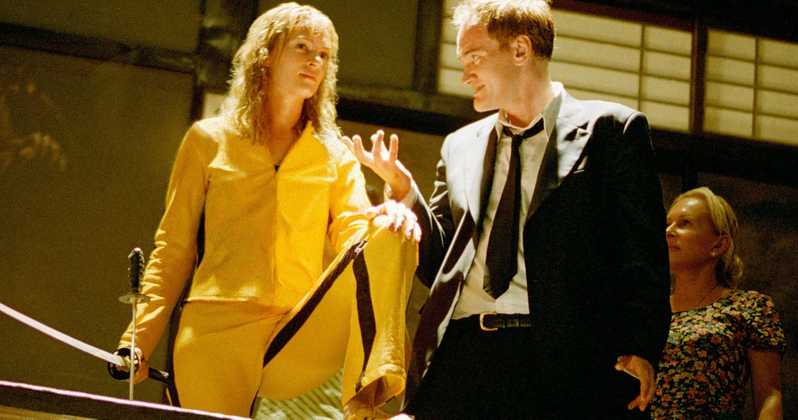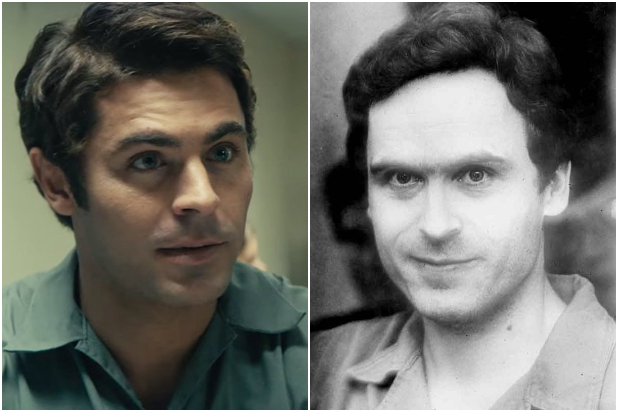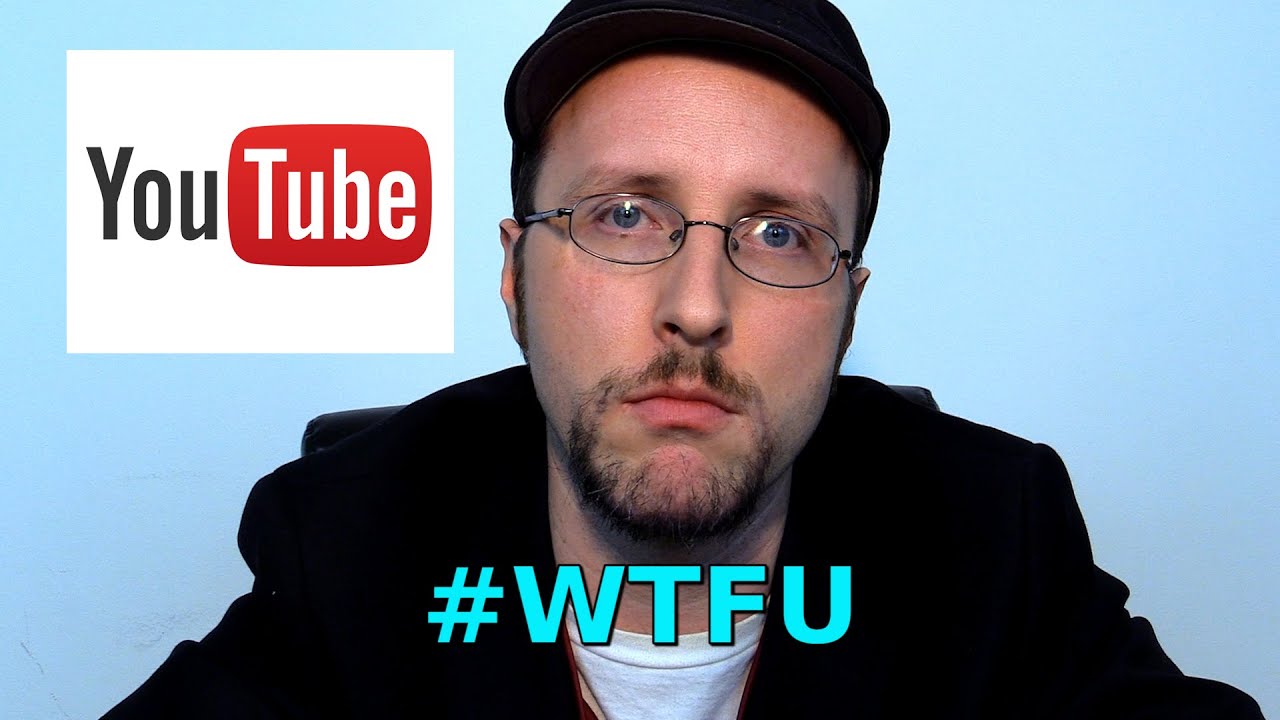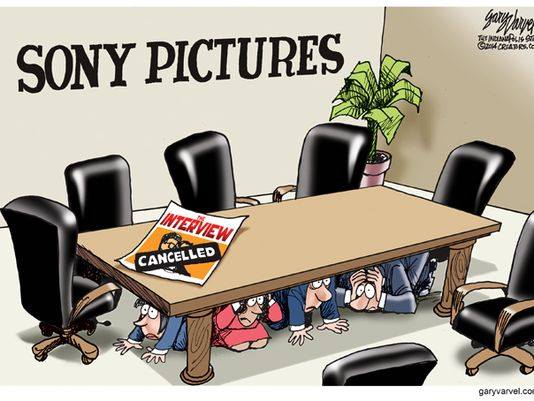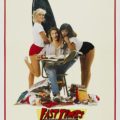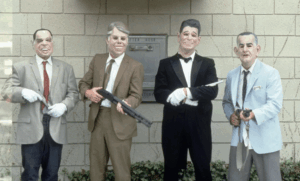
Picture this: four surfers running into a bank in suits, sporting masks of former presidents, to perform one of the most iconic robberies in film history. Is it even possible to get a more picture-perfect example of the intersection between art and crime? I think not. In a curated blend between the aestheticism of life, the rush of crime, and 2 hours and 2 minutes of pure entertainment, the 1991 thriller Point Break is an artistic critique of crime as politics and politics as crime. The film, set in Southern California, follows FBI agent Johnny Utah (Keanu Reeves) as he works to discover the identities of the “Ex-Presidents”, a group of men who perform a series of bank robberies dressed as former presidents. Fronted by Bodhi (Patrick Swayze), their identities are later revealed as the free-spirited and highly skilled surfers for whom Utah has been observing the relaxed lifestyle of. Where some see a film about surfing and true friendship, one can see the irony of hiding behind a mask of political identity to get away with a high-stakes criminal act.
For most Americans, both current and former presidents represent the face of authority, power, and nationalist ideals. I say most because not all are blindly following the winner of the votes of the electoral college. In a perfect capitalist society, all would follow and praise the individual holding political office, yet in America, we know this is far from the truth. The four presidents portrayed in this film are Ronald Reagan, Richard Nixon, Jimmy Carter, and Lyndon B. Johnson, all of whom had their own controversies while in office. For Nixon, it was the Watergate scandal, for Reagan, the Iran-Contra affair, and for Carter and Johnson, just the typical internal corruption and polarizing economic policies. Their role as a face of crime criticizes American politics, alluding to the accusation of internal fraud and crime committed in the White House. The plot satirizes American heroism by conveying how some people idolize our country’s leaders, when in reality they’re the source of societal corruption. The ability of these four men to deliberately hide behind the mask of political corruption symbolizes how some people use their positions of authority to conceal their dishonorable behavior. By camouflaging themselves, they erase any and all personal accountability that may be forced upon them. Spectators don’t just see a suspect covered head-to-toe in black, but instead see Richard Nixon unlocking the safe and passing the bags of cash to Ronald Reagan. Those who should be seen as heroes are instead viewed as criminals by the general public.
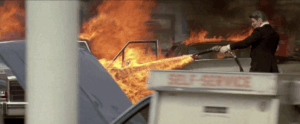
We’ve established what the masks represent from society’s point of view, but what if, instead of hiding, these men were wearing the presidential costumes as a way to justify their unethical actions. The President of the United States holds so much power, especially in the economy, that they often act entitled to the country’s money. As citizens, we know that this is far from legal and true, but it has not stopped them before from irrationally allocating funds for their own personal benefit. By barging into these banks and demanding everyone to comply with the robbery, they are not just demanding money, but also the respect of all the people at the bank.
Finally, it is crucial to acknowledge the performance of it all. After all, Point Break isn’t just a political piece, it’s a whole cinematic experience. Not only do Bodhi, Johnny, and the rest of the cast play into the charismatic and playful nature of the roles, but fully embody them to highlight the film’s deeper meaning. Each crime scene is perfectly choreographed, with constant motion and drama. The fast-paced action shots amplify the intensity of each moment, further enhancing the awkward chaos of the four presidents, subtly allowing their relaxed, surfer-boy attitude to shine through. Viewers watch the camera rapidly pan from one subject to another which only adds to the theatrics of crime.
Who would’ve thought that these free-spirited surfer boys would be capable of such a crime? Well, when you conceal their pretty-boy faces behind political latex, the job gets pretty easy. Of course, “easy” in this film might include leaving behind an exploding car to perform five minutes of high-intensity parkour to get away from the FBI agent who also happens to be a close friend. It is through political irony and the iconography of the “Ex-presidents” that reveals an outlet for true crime and friendship. For these guys, the felony is merely an outlet to pursue aesthetic freedom. For the rest of us however, we see through to the underlying meaning that politics are actively blinding us from the true criminal acts of our leaders.

